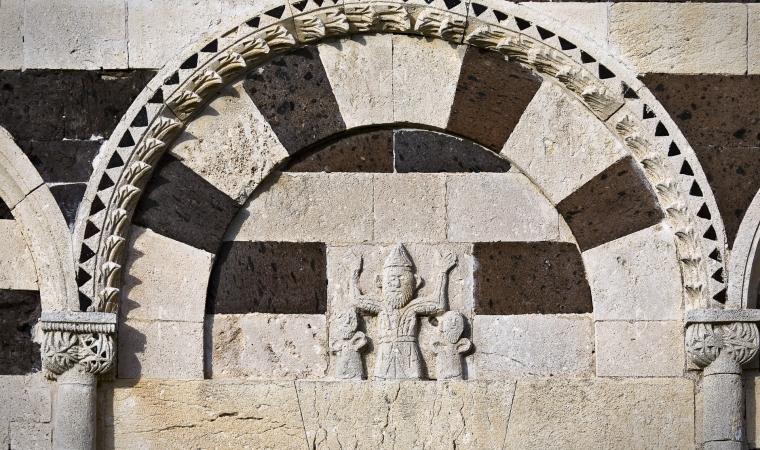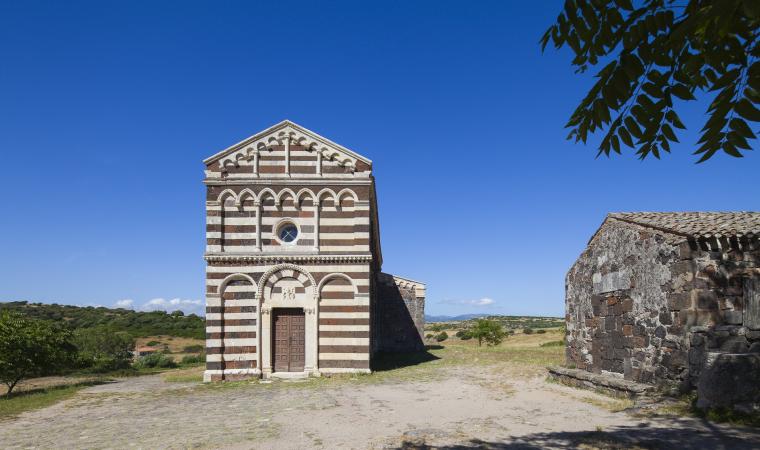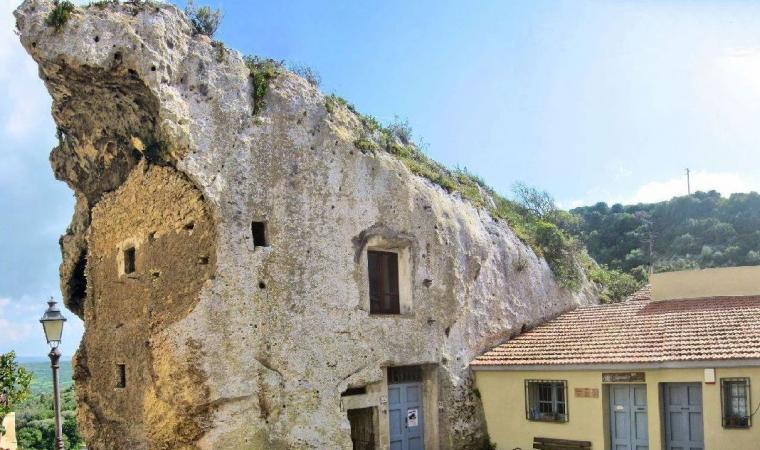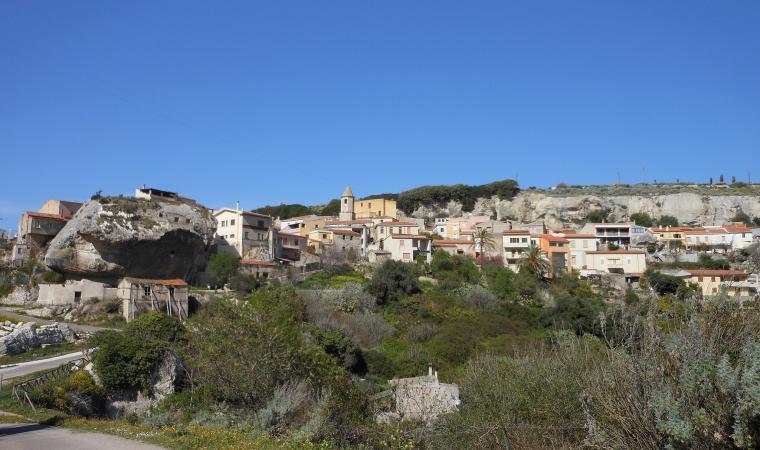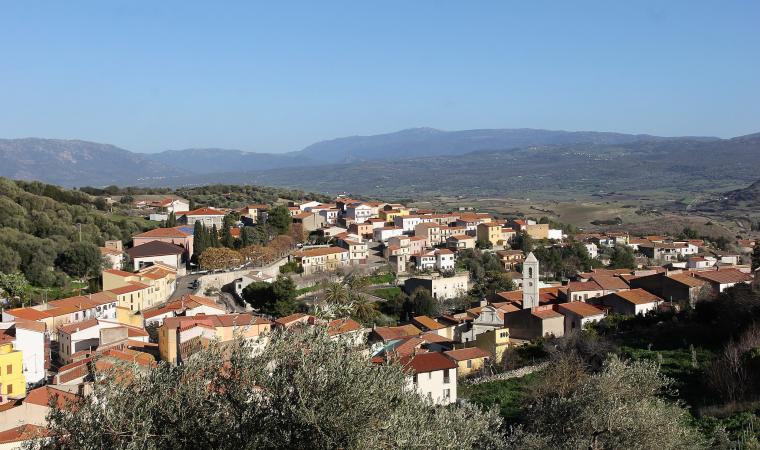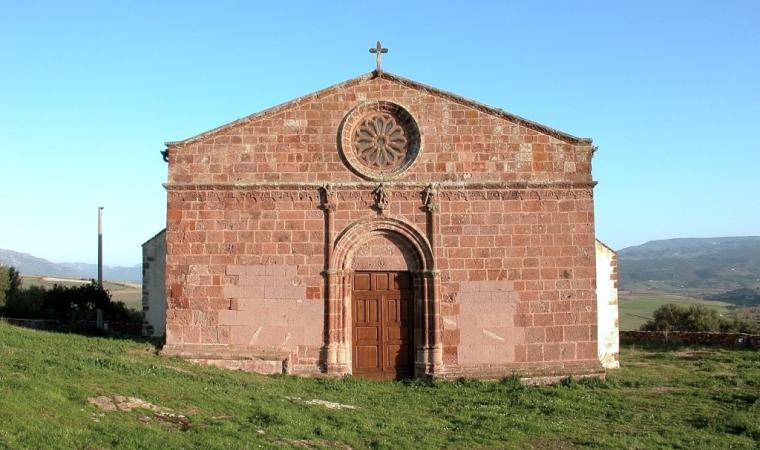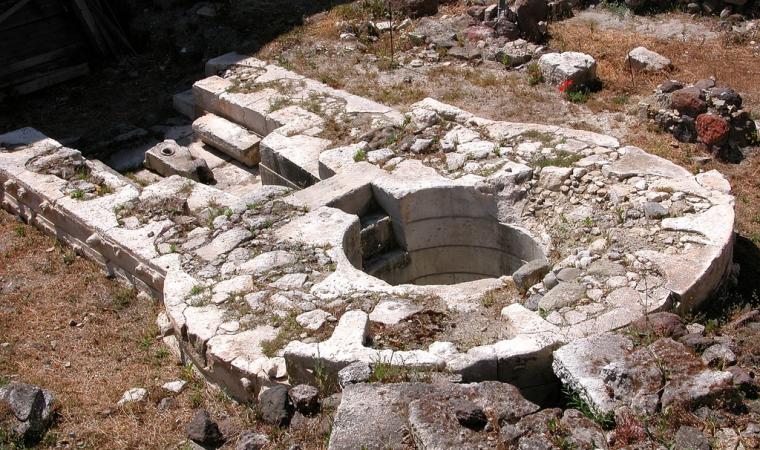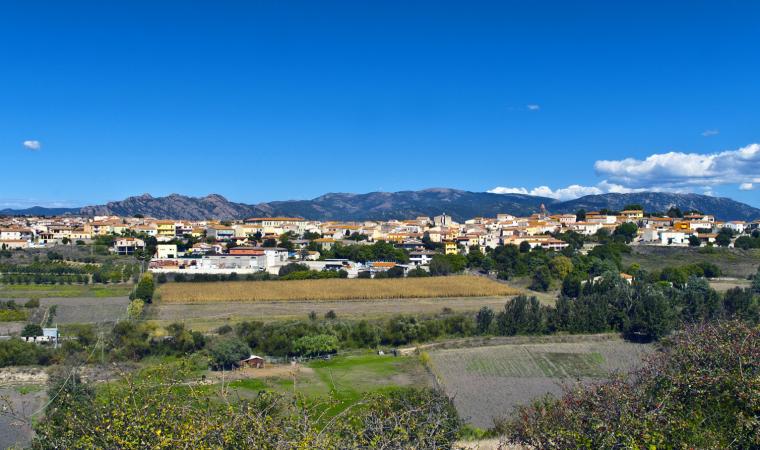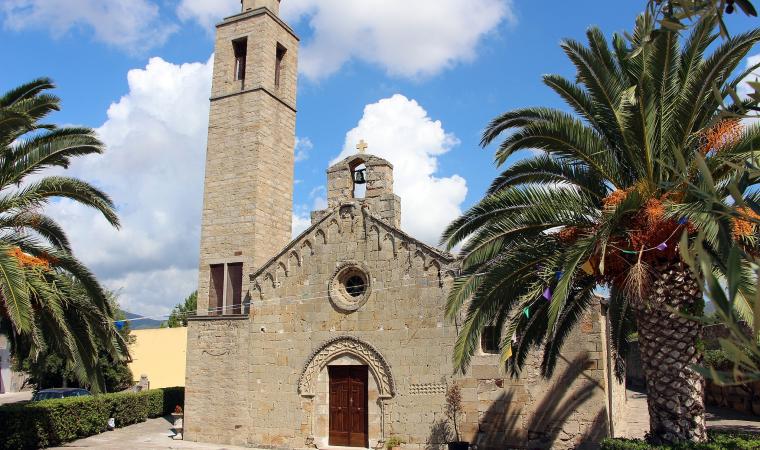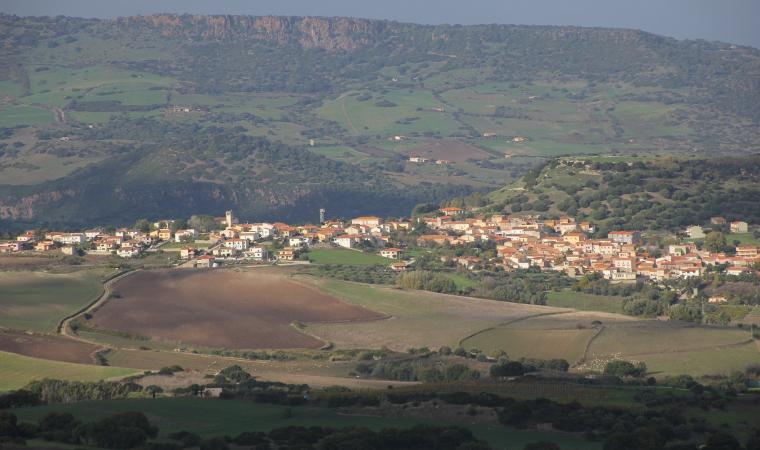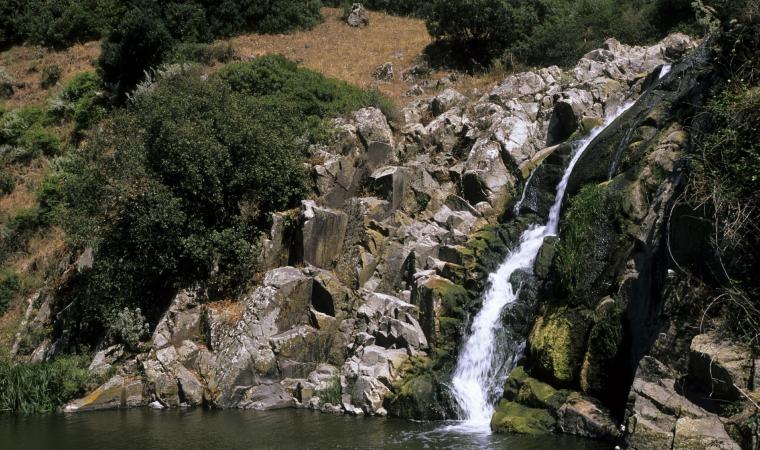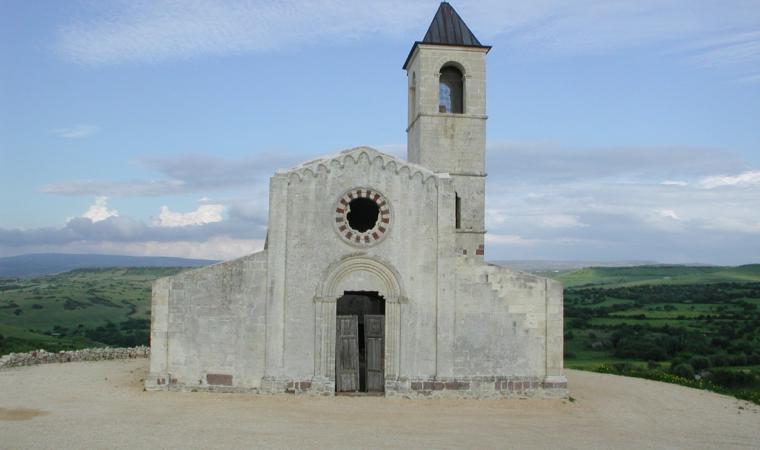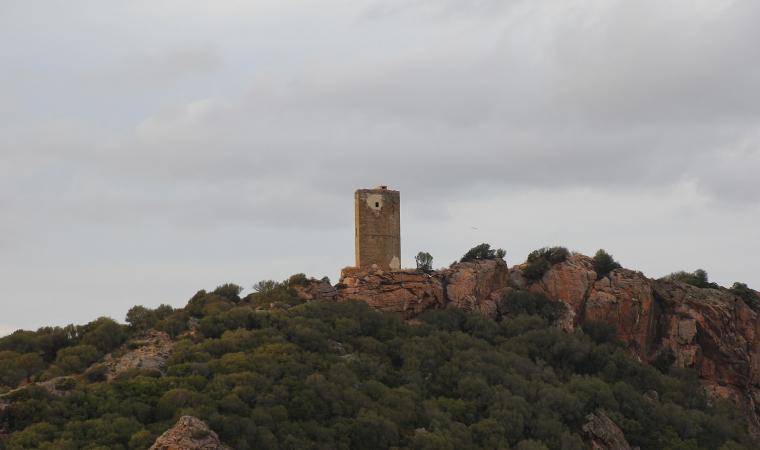It lies along a hilly stretch of Mount Acuto. Bulzi is a village with approximately 530 inhabitants, featuring the Logudoro dialect, even though it is part of the historical region of Anglona. The most remote reference regarding its origins is in the 1368 'Pace di Arborea' (Peace of Arborea) documents, in which a representative from the community of Gulsei, the ancient name of the village, is mentioned. Its territory started to be populated in the Lower Paleolithic period. Evidence of the Nuragic and Roman periods has also been confirmed. Today it is a 'cradle' of cultural traditions, as the deeply-rooted devotional aspects demonstrate, like the liturgical chants, artisan products including textiles (rugs), weaving (baskets), leather goods (saddlebags, legs of boots, saddles) and items deriving from wood carving.
The old town centre stands out with its agricultural-pastoral style of houses and narrow streets. An important architectural monument is the complex of Funtana Manna, dating back to the 19th century, consisting of a fountain and three pools.



